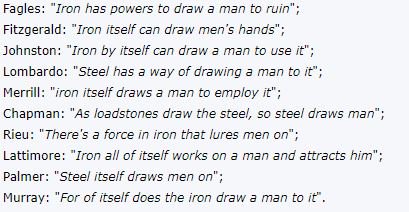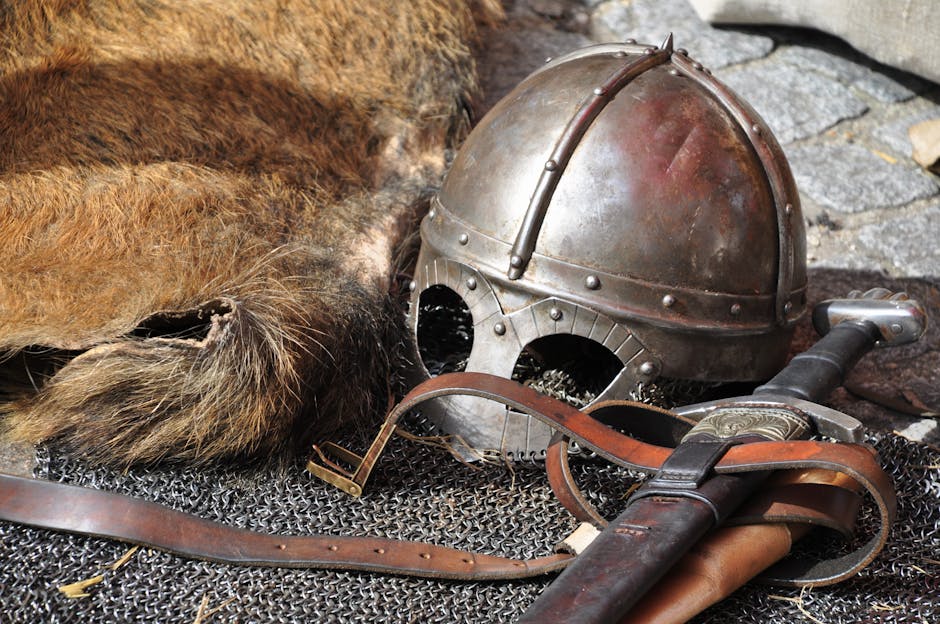My new insight arose as a result of a twitter conversation where it was suggested that the line from Homer's Odyssey that Joe Abercrombie uses part of for his the title of his book "The Blade Itself" came from a translation used in the computer game Total War.
The line in question is:
The blade itself incites to violence.
And whilst I'm sure the game designers took this from some scholastic work ... Google cannot tell me which one.
In the twitter conversation @bydloman came up with all of these alternative translations by scholars of ancient Greek.

And looking in my own copy, translated by W.H.D Rouse (1937), I found:
"Bare steel in sight calls men to a fight."

All twelve of these translations whilst conveying the same general meaning are quite varied in expression, and having chosen my own words carefully, and considering that to be part of my skill as a writer, it is ... unnerving to find myself reliant on a translator's muse to express them in another language. Will I get the powerful "The blade itself incites to violence." or the prosaic "Bare steel in sight calls men to a fight." ?
The truth is that I will never know how good a job my translators have done or whether the books' success or failure in one language is down to their performance, national tastes, marketing or just the flap of a butterfly's wings...
You write stories. Those will not get lost on translation. The writing will.
ReplyDeleteI'm from brazil, and while portuguese is a much more complex and nuanced language with thousands of possible verbal, adjective and noun conjugations, it lacks the diversity and sheer volume of english's vocabulary.
Why because in portuguese a female dog is just dog with the same root word as dog with a different termination that signifies gender. Instead of dog and bitch, we have cachorro and cachorra.
When you write in an almost creole language like english, you can be sure lots of your writing will be lost when it moves into a 'normal' language, like french, german, italian or many others.
It's part of it. The same would happen the other way around, when you translate a french book to english for example, you will lose all the nuance it would have had in a language with more complex conjugations. The vocabulary may look simple, when in the original text it was nothing but.
Great interview with Emily Wilson, a U of Penn classicist and a Brit, with a new translation of the Odyssey in which she discusses the choices a translator makes as well as the paucity of general and academic credit one gets for making those choices. I have just found the work of Andrzej Sapkowski and find it beautifully written. I wish I knew if the original is as appealing. I suppose if you are a plot driven/obsessive writer, there is less risk in translation. I don't consider you such an author.
ReplyDeleteThe url of the NY Times interview got stripped out. Turns out it is also available in this morning's NYT magazine as well as online.
DeleteDavid Watkins - Dallas